Decentering Whiteness from Our American Schools
Key Points
-
In order to decenter whiteness, you must use tools and approaches that do not subscribe to or result in the pervasive dominant cultural norms.
-
Taking steps to shift a decision-making process or hiring process can result in outcomes that no longer hold whiteness at the center.
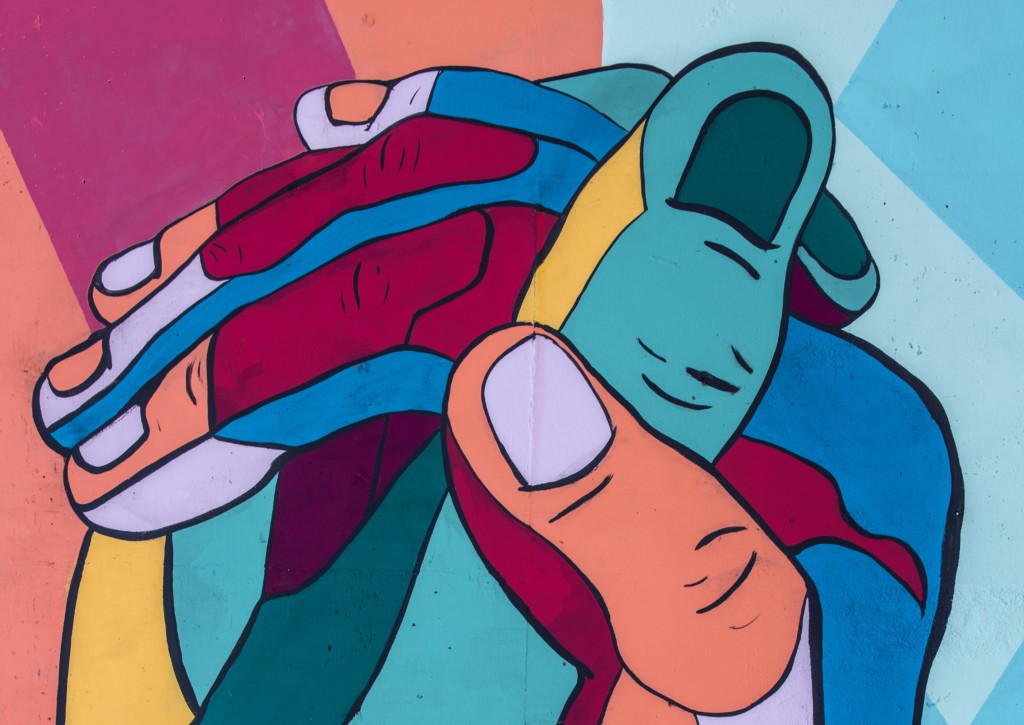
There is a narrative surrounding decentering whiteness in American education spaces. It is substantiated by culturally responsive pedagogy and curriculum. It incorporates trauma-informed practices and whole child support. It names ways that traditional systems oppress and harm children. It identifies ways education structures minoritized students who do not subscribe to the white normative culture and ways of learning. It tells a story of where the work should go and how progress is being made.
In reality, there is little to any real progress that has been made in our American education system since its inception, and in fact, in our current politically charged post-Trump atmosphere there is a reenergized resistance to anti-racist efforts and aligned attempts to decenter whiteness in our learning cultures that organize school board elections and legislation to prohibit any challenge to the power of whiteness in American school systems.
While socially this may have seemed to not be the case in the wake of George Floyd’s murder — the significant din surrounding straightforward efforts to teach students about the history of race relations in the U.S. (largely targeted at the dog whistle of “Critical Race Theory”) would say otherwise. Our American democratic structure was designed with a belief that counternarratives were essential to our growth; this is under threat.
The conversations that are currently surfacing around ‘how might I better teach Black learners?’ is itself framed problematically. Not only does this framing oversimplify the challenge, it reduces it and exemplifies the need for decentralizing. (It also normalizes the concept that we were meeting the needs of non-black learners.) Zaretta Hammond, esteemed author of Culturally Relevant Teaching and the Brain, would thoughtfully advise us to stop teaching as if all students learn the same and certainly to stop teaching in a manner as to reinforce and normalize expectations that fit the mold of a “dominant white culture.”
Decentering whiteness is not decentering white people. Whiteness is not emblematic of a race of people; it is the pervasive dominant culture in the United States. This culture erases any validity of other cultures or ways of being. It is the normed reference for what is often “proper,” “appropriate,” “successful,” and “worthy.” American school systems are set up, implemented and measured by whiteness standards.
The Journey Ahead
This will not be easy work and with difficult work there is resistance. Decentering requires a shift of learning paradigms, and shifting these paradigms requires most in education settings to question and refine their viewpoints, identities and ways of thinking. Such work is rarely ‘new,’ but rather repackaged in a way that is designed to make the pill easier to swallow. Thus the widely (and falsely) accepted belief that we are somehow improving in our efforts to be more equitable by asking how one can teach a group of people better, and the widely (and falsely) held perspective that awareness of a problem equals change.
Instead, we should be focused on the concept of personalizing learning for every learner that centers the agency of each learner, and not the righteousness of education systems. This change in teaching and learning challenges prevailing theories and assumptions about how humans learn and collaborate. It also changes the way we see society, roles, personal and group identities. It changes the way we see ourselves and one another. It also changes the DNA of American educational institutions.
Naming whiteness and seeing how it shows up in the fabric of your educational system is a key first step.
Kelly Niccolls, Rebecca Midles, Susan Enfield
The global Covid 19 pandemic created an opportunity for more widespread openness to shifting the way we “do school” in America. But what has surfaced in the immediacy of the new school year, is an immediate bounce back to muscle memory of the school of years past, standardized assessments, comparative models and grade-level expectations that discount the needs for the human condition and need for connection and purpose in a global pandemic era.
As we begin to embrace the concept of not ‘doing school as usual’ then we have to look at the role of whiteness, white culture and white supremacy have had in our learning system and our society. Within this exploration, we have to think about the role of educators in service to learners and to a more equitable society. Moving from teaching ‘about racism’ in units and courses to rebuilding how we frame learning, the process, the reporting and the celebrating.
Self Reflective Questions to Shift the “Center” of Whiteness
- Who is determining success?
- What are the students asking for?
- How do we know this to be true?
- Who do we see, hear, and collaborate with in this learning experience?
- Why is that considered expertise?
- Is each child seen, valued, and loved as their authentic selves? How do we know?
- Why are we uncomfortable with this?
- Who else can do this?
- What did our parents say about that idea?
- Who’s convenience is centered in this decision?
Small Steps Continue Toward Change
You can’t overthrow the education system in the name of decentering whiteness. Overthrowing is a colonial tool, and colonization is part of whiteness. In order to decenter whiteness, you must use tools and approaches that do not subscribe to or result in the pervasive dominant cultural norms. Taking steps to shift a decision-making process or hiring process can result in outcomes that no longer hold whiteness at the center. Shifting organizational structures (like removing organizational hierarchy charts) and titles can no longer hold whiteness at the center. Turning to wonder instead of depending on expertise is decentering whiteness. Naming whiteness and seeing how it shows up in the fabric of your educational system is a key first step. Being overwhelmed by expectation or immediate results is in fact, another tactic and tool of whiteness.
In order to sustain the change, the journey must be the new way of being as an educational system rather than an intended outcome. Take the small steps and keep walking. Share your learning story. Share that your story will never end, as learning never ends. Walk alongside others and learn from them. Hold on to the abundance of possibility and the wealth of the community. Each step taken that centers the well-being and actualization of each and every child as their authentic self is a step that no longer centers whiteness and surely shifts the educational space to the future of all in its belonging.
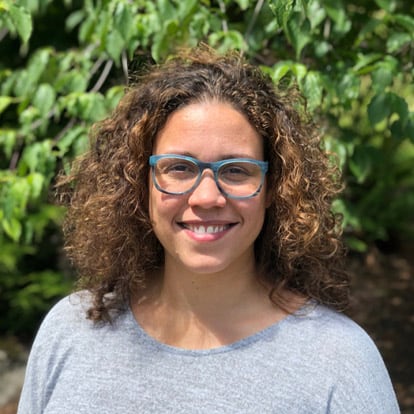
Kelly Niccolls
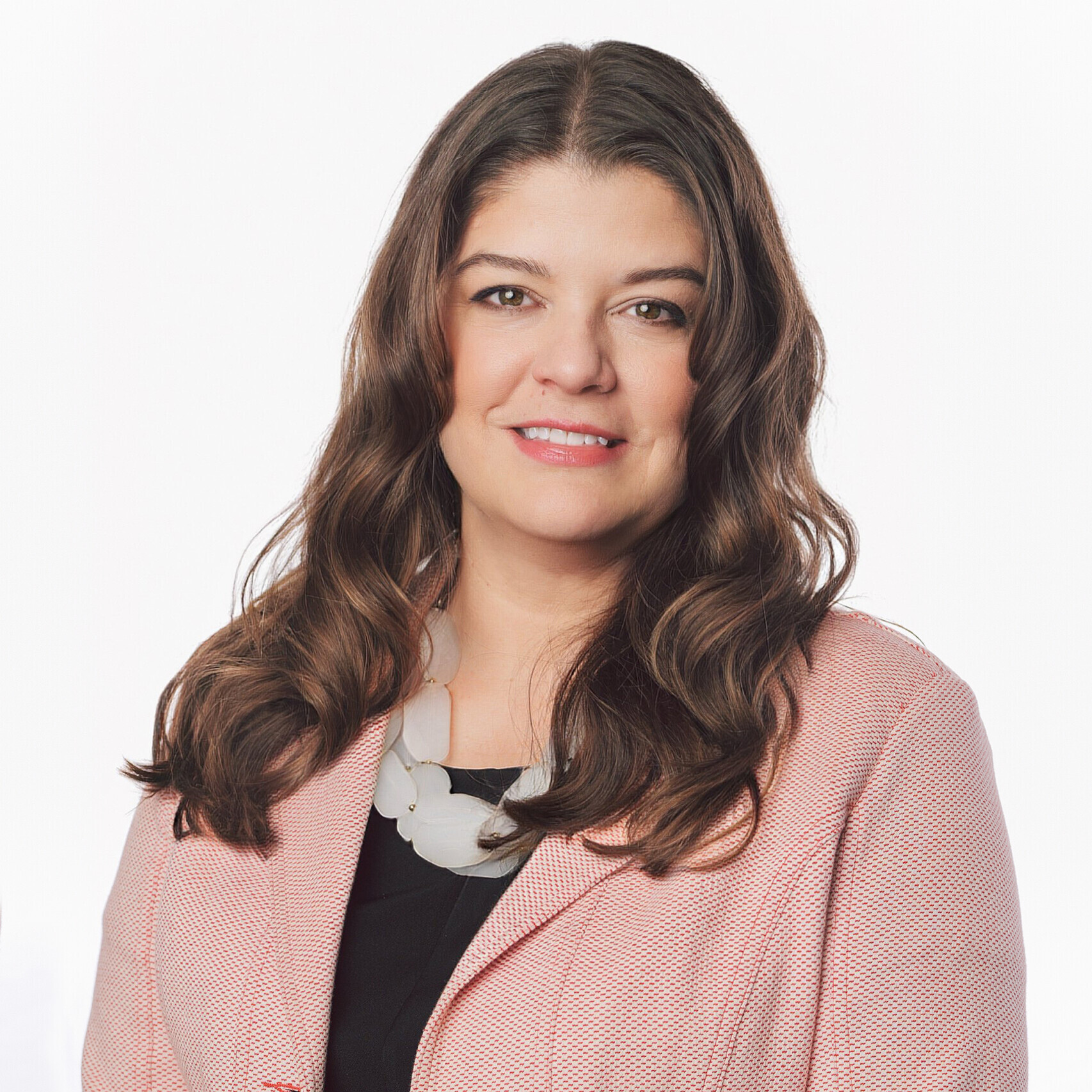
Rebecca Midles
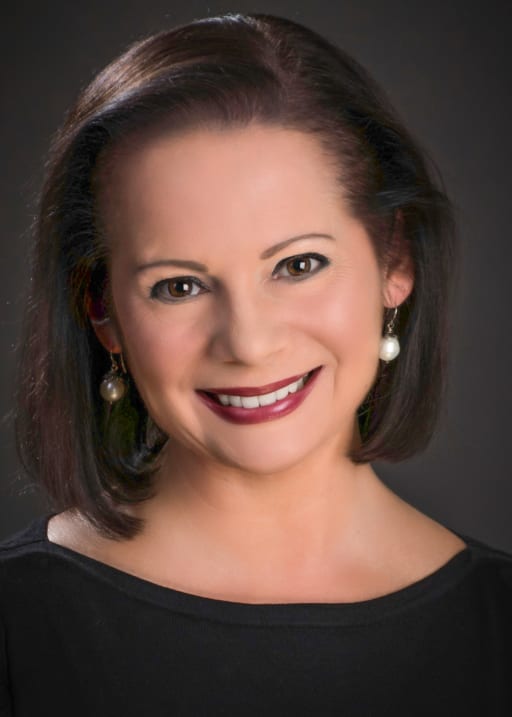



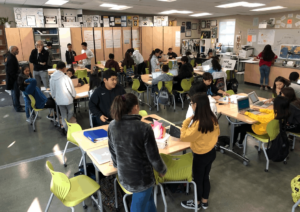
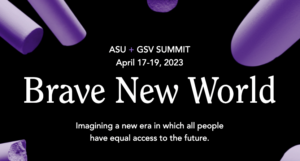
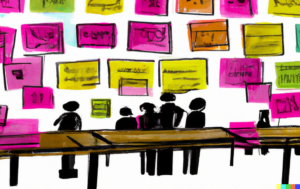

0 Comments
Leave a Comment
Your email address will not be published. All fields are required.